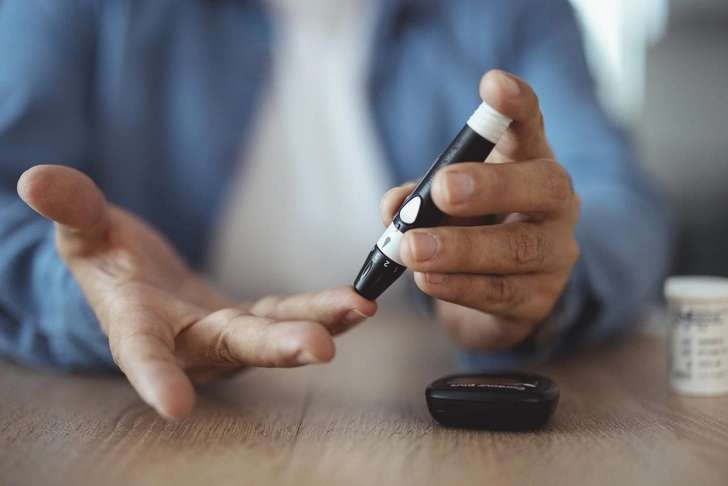According to a new study published in the New England Journal of Medicine, a patient with type 1 diabetes has successfully received a transplant of genetically modified pancreatic islet cells. This allowed the patient to start producing insulin on his own, without the need for traditional immunosuppressive drugs.
Scientists from Sweden and the United States conducted the study. The experiment involved a 42-year-old man who had been suffering from type 1 diabetes for many years. He was transplanted with islet cells that were modified using CRISPR gene editing technology to reduce the immune system's response and prevent rejection of the transplanted cells.
Four months after the transplant, the transplanted cells were actively producing insulin without provoking an immune response. This is considered a significant advance in the field of transplant medicine.
The patient was given a relatively small number of cells, which are not yet enough to produce insulin on their own fully, but the results are promising. This research is another step towards a possible cure for type 1 diabetes.




















